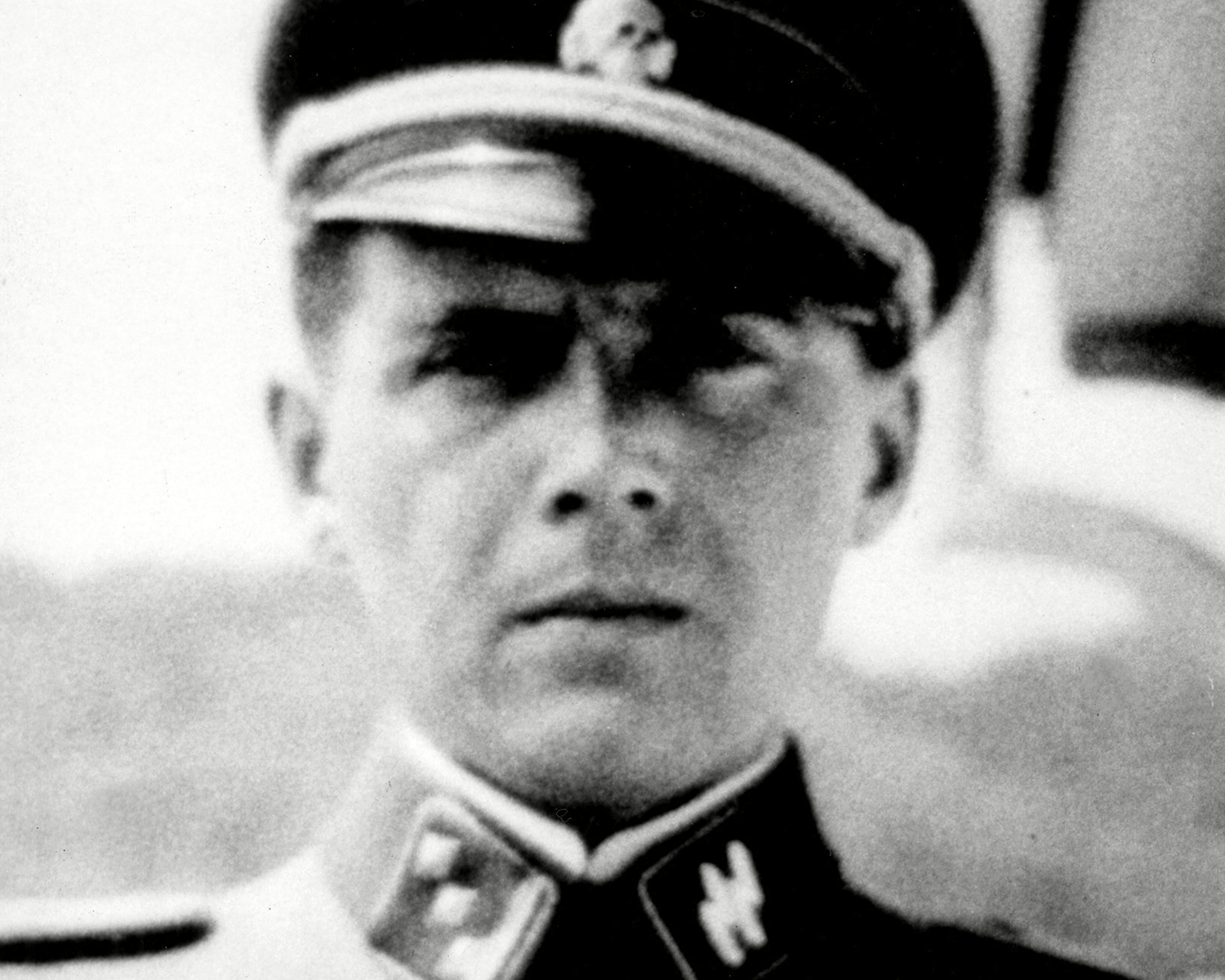Josef Mengele: Professor 'wins right' to use bones of Nazi doctor to be used for research by students
'The bones will be a really good example for our students to learn from'

Your support helps us to tell the story
From reproductive rights to climate change to Big Tech, The Independent is on the ground when the story is developing. Whether it's investigating the financials of Elon Musk's pro-Trump PAC or producing our latest documentary, 'The A Word', which shines a light on the American women fighting for reproductive rights, we know how important it is to parse out the facts from the messaging.
At such a critical moment in US history, we need reporters on the ground. Your donation allows us to keep sending journalists to speak to both sides of the story.
The Independent is trusted by Americans across the entire political spectrum. And unlike many other quality news outlets, we choose not to lock Americans out of our reporting and analysis with paywalls. We believe quality journalism should be available to everyone, paid for by those who can afford it.
Your support makes all the difference.A Brazilian doctor has reportedly won the right to examine the bones of one of Nazi Germany's most notorious physicians.
Dr Daniel Romero Muniz has opened the bag containing the bones of Josef Mengele, the Nazi doctor responsible for torturing thousands of Auschwitz inmates, for the first time in 30 years, according to the Mail Online.
Known as the "Angel of Death", Mengele was a German SS officer who also performed deadly human experiments on prisoners.
He fled to South America after the war and, although designated a war criminal, evaded capture for the rest of his life.
However, his remains were identified as lying in an anonymous Sao Paulo grave in 1985 and, despite offers to collect them, his family never did.
Now Dr Muniz, a professor of medicine at the University of Sao Paulo, reportedly plans for the bones to be donated to students to learn from.
"[Mengele's] bones will be a really good example for our students to learn from," he told the Mail Online.
"They will be used to help train new doctors and will be particularly good for those students who are studying post mortem examinations."
Mengeles had a stroke while swimming off the Sao Paulo coast in 1979 and was found by a retired policeman.

German authorities later linked a letter he sent to his family in Germany to him, and after exhuming his grave kept his bones in a bag at the Sao Paulo Police Legal Medical Institute morgue for more than 30 years.
The bag was first opened again by Dr Muniz in front of TV cameras on the weekend of March 19 this year, and his ribs, humerus, ulna and radius on the medical table.
Some 15 to 20 million people were killed by the Nazis, who came to power in 1933 and ended with the Second World War in 1945, according to research carried out by Washington's Holocaust Memorial Museum.
This increased previous estimates of some 12 million people being killed, at least half of them Jewish.
Join our commenting forum
Join thought-provoking conversations, follow other Independent readers and see their replies
Comments